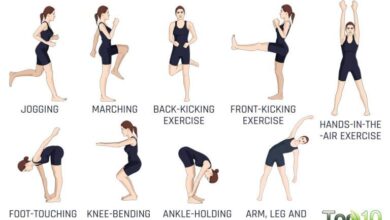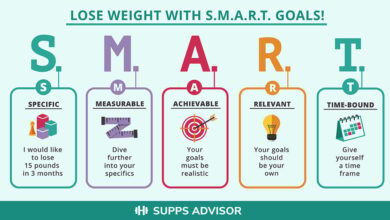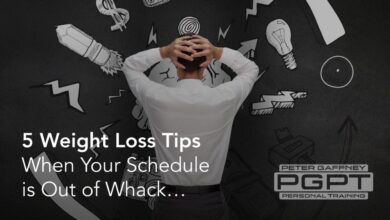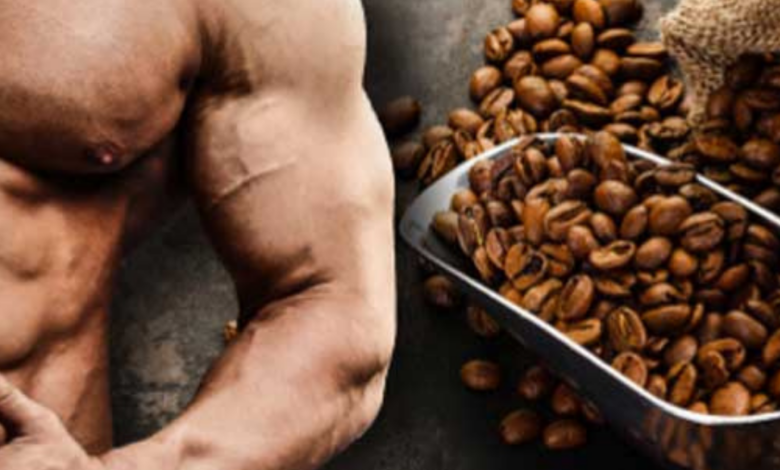
Does Coffee Really Boost Your Workouts?
Does coffee really boost your workouts? It’s a question that has been swirling around the fitness world for years. We all know the invigorating feeling of a caffeine kick, but does it actually translate to better performance at the gym?
Let’s dive into the science behind coffee and exercise, exploring how this beloved beverage can potentially enhance your athletic endeavors.
Caffeine, the active ingredient in coffee, is a powerful stimulant that can influence various aspects of exercise. It’s been shown to increase alertness, reduce fatigue, and even boost endurance. But is coffee a magic potion for every workout?
We’ll explore the optimal timing for coffee consumption, individual factors that influence its effects, and potential downsides to consider. Get ready to learn how to maximize the benefits of coffee while maintaining a healthy and effective exercise routine.
Coffee and Recovery
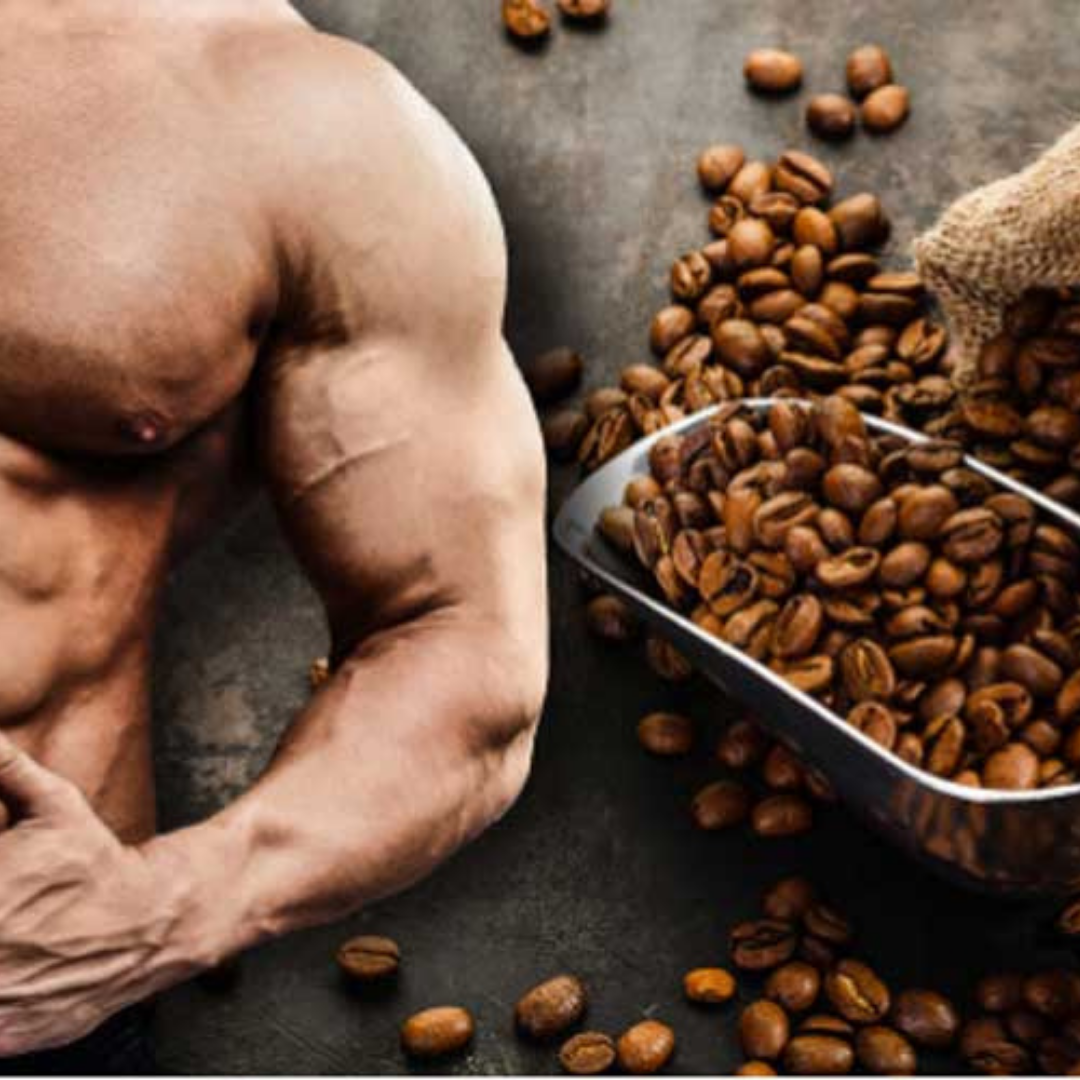
After a tough workout, your body needs time to recover and rebuild. Coffee, with its caffeine content, might play a role in this process. While its effects on performance are well-studied, its impact on recovery is still being explored.
Caffeine and Muscle Soreness
Caffeine’s influence on muscle soreness, a common post-workout discomfort, is a topic of interest. Some studies suggest that caffeine consumption might help reduce muscle soreness, while others have found no significant effects. One possible mechanism is that caffeine may help reduce inflammation, a key contributor to muscle soreness.
Caffeine and Inflammation, Does coffee really boost your workouts
Inflammation is a natural response to exercise, but excessive inflammation can lead to delayed onset muscle soreness (DOMS). Caffeine has been shown to have anti-inflammatory properties. It can block the release of inflammatory chemicals like prostaglandins and cytokines, which are involved in the pain and swelling associated with muscle soreness.
“Caffeine’s anti-inflammatory properties might contribute to faster recovery by reducing muscle damage and soreness.”
Research on Coffee and Muscle Recovery
A study published in theJournal of Strength and Conditioning Research* examined the effects of caffeine on muscle recovery after resistance exercise. The study found that participants who consumed caffeine experienced less muscle soreness and improved recovery time compared to those who did not.Another study, published in theInternational Journal of Sport Nutrition and Exercise Metabolism*, investigated the effects of caffeine on muscle damage and inflammation after a marathon.
The study found that caffeine supplementation reduced muscle damage markers and inflammatory markers, suggesting a potential benefit for recovery.While these studies show promising results, more research is needed to fully understand the impact of coffee on muscle recovery. Factors like dosage, timing, and individual responses can influence the effects of caffeine.
Closure: Does Coffee Really Boost Your Workouts
So, does coffee really boost your workouts? The answer is a resounding, “it depends!” While caffeine can offer a performance edge for many, individual factors and responsible consumption are key. By understanding how coffee interacts with our bodies, we can leverage its potential benefits while avoiding any drawbacks.
Whether you’re a seasoned athlete or just starting your fitness journey, incorporating coffee strategically can add a little extra “oomph” to your workouts, allowing you to reach your fitness goals with a little extra pep in your step.
I’ve always been curious about whether coffee really gives you an edge in the gym. While some studies suggest it can improve performance, I find that fueling my body with a hearty and nutritious meal like a lentil sweet potato spinach stew provides a more sustainable energy boost for my workouts.
After all, a balanced diet is crucial for overall health and well-being, and a healthy body is a strong body. So, while coffee might offer a temporary pick-me-up, I prefer to focus on long-term, healthy habits for my fitness journey.
While coffee might give you a temporary energy boost, it’s not a magic bullet for better workouts. To really see results, you need to focus on building strength and endurance. And what better place to start than your glutes? They’re the powerhouse muscles that help you power through your workouts.
Check out these 5 best moves for stronger glutes to build a stronger base for your fitness journey. Remember, consistency is key, and that includes fueling your body with the right foods and getting enough rest. So, ditch the reliance on coffee and focus on building a solid foundation of strength and endurance for your workouts.
We’ve all heard that coffee can give you a boost before a workout, but is it really a magic energy potion? While a cup of joe might temporarily perk you up, it’s important to remember that sustained energy comes from good nutrition.
If you’re feeling constantly fatigued, check out this article on feeling fatigued 9 tips to help boost your energy with nutrition to learn about how to fuel your body for optimal performance. After all, a healthy diet is the foundation for a strong workout, regardless of whether you’re fueled by coffee or not.


